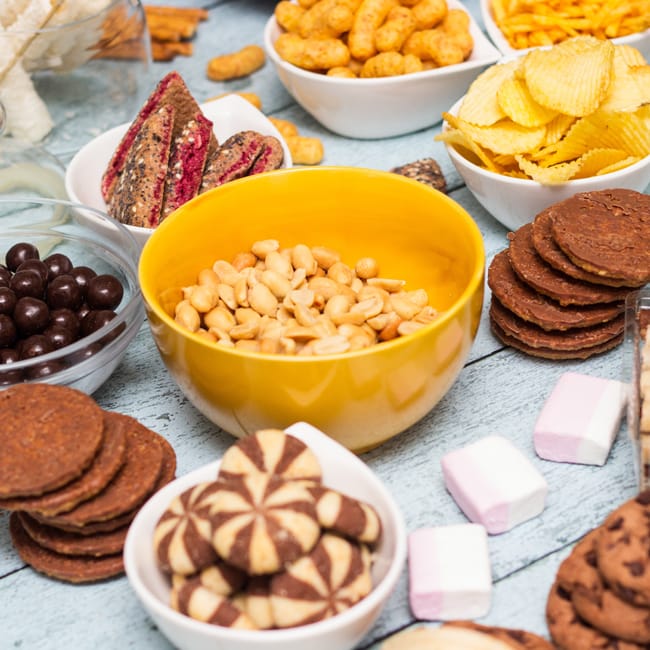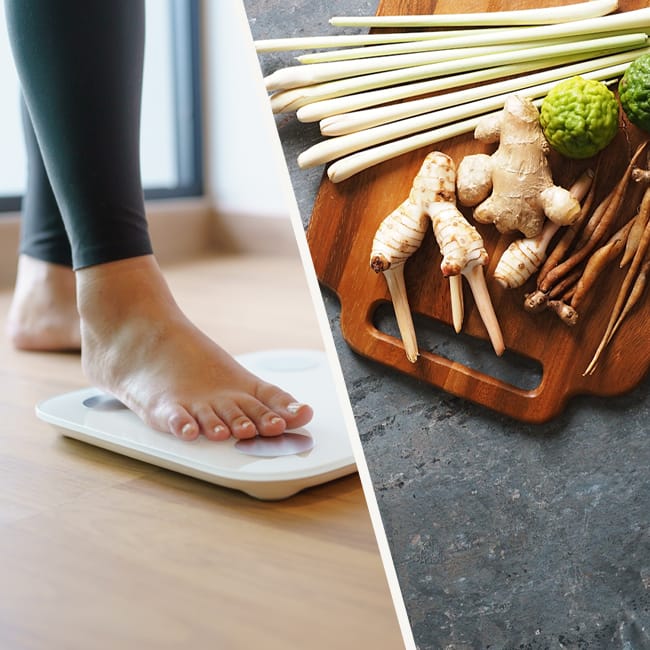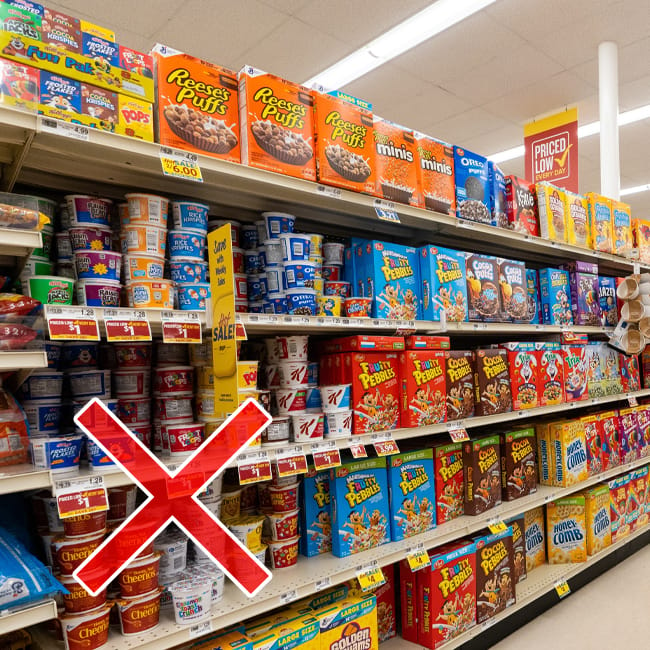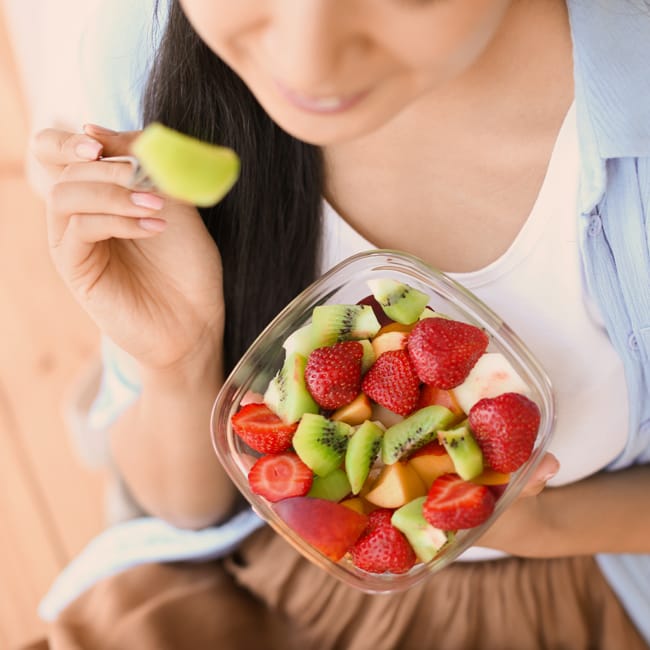This article has been updated since its initial 05/25/22 publish date to include more expert tips, suggestions and insight.
Bloating is often caused by a number of factors— eating too fast, snacking on something right before bed, or most often, consuming a food or beverage that is often linked to indigestion. With that said, we checked in with health experts to learn more about a drink that you might not think is as likely to cause bloating as it is. Read on for tips and suggestions from registered dietitian Dr. Su-Nui Escobar, DCN, RDN, FAND, senior dietitian Dana Ellis Hunnes, PhD, MPH, RD, and dermatologist, health and skin expert Dr. Cheryl Rosen, MD.


How Diet Sodas Can Cause Or Worsen Bloating
While many might be aware of the negative effects sugary sodas and carbonated drinks can have on your overall health, it's a common misconception that diet soda doesn't have the same drawbacks. Sugar-filled sodas, these experts explain, are bad enough as it is (since sugar can lead to weight gain and disease if consumed frequently), but many diet sodas contain unknown or unfamiliar chemicals in its place.

These types of carbonated drinks, Escobar says, "can make you build too much gas, making you feel bloated." Instead of reaching for diet sodas, Escobar suggests trying "removing them from your diet and seeing how you feel" if you experience bloating often and are a frequent drinker of these beverages.

Diet sodas, Rosen explains, can contain "chemicals that are harmful to the body," and even cause premature aging along with bloating and inflammation. "Chemicals like phosphorus, potassium, and caffeine leach minerals from the bones and can damage the cells in the body," she explains.

Rosen adds that these drinks are "loaded with empty calories, which can lead to weight gain. "Choose water or unsweetened tea instead," she advises, as "both will help keep your skin healthy and maintain your overall health."

Benefits of Switching to Kombucha
While taking into account the aforementioned drawbacks of your gut health regarding diet soda, Hunnes recommends opting for kombucha (a fizzy but healthy beverage) instead. "Kombucha is a fermented tea beverage that is high in beneficial probiotics and also high in antioxidants (from the tea)," she explains. The probiotics and the antioxidants are "anti-inflammatory," she points out, and can aid in promoting GI health by "helping to colonize the GI tract with healthy bacteria (known as probiotics)."

The antioxidants also help keep the inflammation away, Hunnes continues, "promoting the health of the probiotics as well." It is also thought that kombucha can "slow down the digestion of carbohydrates by, likely in-part, because of the healthy anti-inflammation effects it has on the GI tract." These, Hunnes concludes, are all "healthy benefits from drinking kombucha," which has been taken for "hundreds of years." (We'd rather sip on this than diet soda any day!)


























